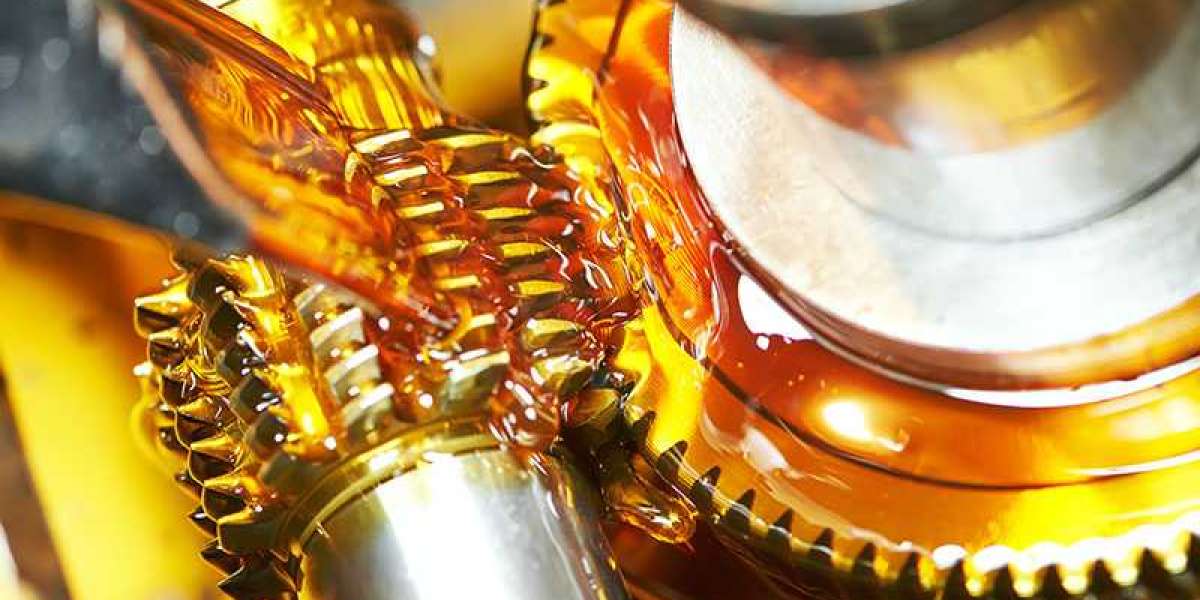Wolff-Parkinson-White (WPW) syndrome is a rare heart condition characterised by an abnormal electrical pathway in the heart, leading to episodes of rapid heart rate (tachycardia). This condition is present from birth, though its symptoms may manifest at any stage of life. While not always life-threatening, untreated WPW can increase the risk of serious heart complications such as atrial fibrillation or sudden cardiac arrest. In the UAE, advancements in medical technology have made it possible to effectively treat WPW through a procedure called ablation, which has transformed the lives of many patients.
What is Wolff-Parkinson-White (WPW) Syndrome?
WPW syndrome is caused by an additional electrical connection between the atria (upper chambers) and the ventricles (lower chambers) of the heart. This extra pathway, known as an accessory pathway, allows electrical signals to bypass the normal route through the atrioventricular (AV) node. As a result, electrical impulses can loop around the heart, leading to a rapid heart rate.
Patients with WPW often experience symptoms such as palpitations, dizziness, fainting, shortness of breath, and in severe cases, chest pain. Some individuals may remain asymptomatic for years, while others may experience recurrent episodes of tachycardia. Diagnosis is typically confirmed through an electrocardiogram (ECG), which reveals the characteristic signs of WPW, such as a shortened PR interval and a delta wave.
How Ablation Works for WPW Syndrome
Ablation for wolff parkinson white In UAE is a highly effective treatment, especially for those who experience frequent or severe symptoms. The goal of ablation is to permanently eliminate the accessory pathway responsible for the abnormal electrical signals in the heart.
The procedure involves inserting catheters through the blood vessels, typically via the groin, and guiding them to the heart. Once in place, the electrophysiologist maps the heart’s electrical activity to locate the accessory pathway. Radiofrequency energy or cryotherapy is then applied to destroy the tissue causing the abnormal pathway. This process stops the erratic electrical signals, restoring normal heart rhythm.
Ablation is minimally invasive and is performed under local anaesthesia with sedation. It has a high success rate, with around 95% of patients experiencing complete resolution of WPW symptoms following the procedure. In most cases, ablation provides a permanent cure, eliminating the need for ongoing medication or lifestyle restrictions.
New Technology in WPW Ablation
The UAE has embraced cutting-edge advancements in ablation technology, providing patients with access to the latest treatments for WPW syndrome. One such advancement is the use of 3D electro-anatomical mapping systems, which allow for greater precision during the ablation procedure. These systems provide real-time imaging of the heart's electrical activity, enabling the electrophysiologist to pinpoint the exact location of the accessory pathway without the need for excessive radiation exposure from traditional X-ray techniques.
Another significant development is the introduction of contact force-sensing catheters. These catheters measure the amount of pressure applied to the heart tissue during ablation, ensuring optimal energy delivery and reducing the risk of complications. This technology has improved the safety and efficacy of the procedure, further increasing its success rates.
Treatment and Aftercare
For patients diagnosed with WPW syndrome in the UAE, the treatment journey typically begins with a thorough assessment by an electrophysiologist. After confirming the diagnosis through tests such as ECG or an electrophysiology study (EPS), the electrophysiologist will discuss the most suitable treatment options, which may include medication or ablation.
Ablation is often recommended for patients with recurrent symptoms or those at risk of life-threatening complications. The procedure is performed in a specialised cardiac catheterisation lab, and most patients are discharged within 24 hours. Recovery is relatively quick, with many returning to normal activities within a week.
Post-ablation, patients are monitored to ensure the success of the procedure. Follow-up appointments may include repeat ECGs to confirm the heart is functioning normally. For most individuals, ablation offers a permanent cure for WPW syndrome, allowing them to lead a symptom-free life. In rare cases, if the accessory pathway reappears, a repeat ablation may be necessary.
Patients are advised to maintain a heart-healthy lifestyle post-treatment, which includes regular exercise, a balanced diet, and avoiding excessive caffeine or alcohol consumption. For individuals who previously lived with the fear of sudden cardiac events, ablation offers the peace of mind that their heart is functioning normally, free from the risks associated with WPW syndrome.
TheHeartae: Leading Electrophysiology Care in Dubai
TheHeartae stands as one of the top cardiac care centres, providing electrophysiologist in Dubai for patients with WPW syndrome and other arrhythmias. The centre boasts a team of highly skilled electrophysiologists who specialise in diagnosing and treating heart rhythm disorders.
With access to the latest technology, including 3D mapping and advanced ablation techniques, TheHeartae ensures that patients receive world-class care. Their holistic approach combines state-of-the-art treatment options with personalised care plans, ensuring that each patient’s unique needs are met. Whether it is a simple ECG or a complex ablation procedure, TheHeartae has established itself as a leader in cardiac care in the UAE.
The electrophysiologists at TheHeartae have extensive experience in performing WPW ablation, and their high success rates are a testament to their expertise. Patients can feel confident that they are in capable hands, with access to the best treatment options available in the region.
Life After WPW Ablation
For most patients, life after WPW ablation is vastly improved, with a complete cessation of symptoms such as palpitations and dizziness. Many individuals experience a newfound sense of freedom, no longer restricted by the fear of unpredictable heart episodes. The success of the procedure allows them to engage in activities they may have previously avoided, such as strenuous exercise or travel.
While routine follow-ups are recommended to monitor heart health, the majority of patients enjoy a normal life without the need for medication or ongoing interventions. With the advancements in ablation technology and the expert care available in the UAE, individuals with WPW syndrome can look forward to a healthy, active future.
Conclusion
Ablation for wolff parkinson white In UAE has revolutionised the treatment, offering a safe and effective cure for patients suffering from abnormal heart rhythms. In the UAE, centres like TheHeart.ae provide cutting-edge electrophysiology services, ensuring that individuals with WPW have access to the best possible care. With its high success rate, minimal invasiveness, and quick recovery time, ablation has become the gold standard for WPW treatment, giving patients a chance to live a normal, symptom-free life.

